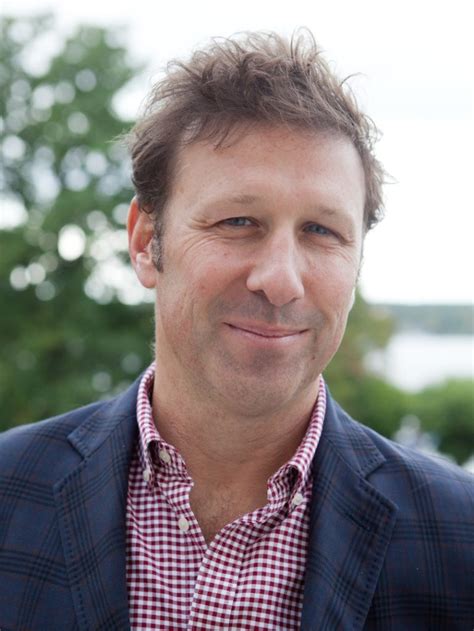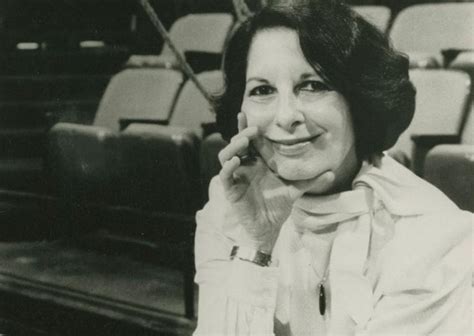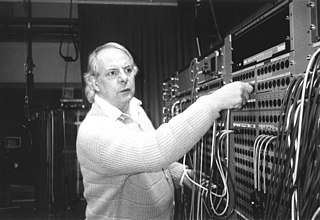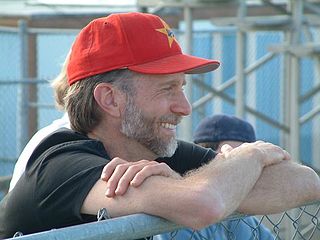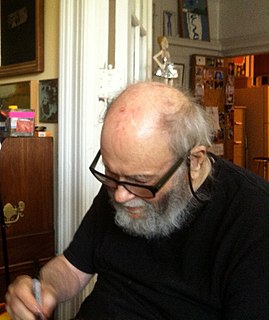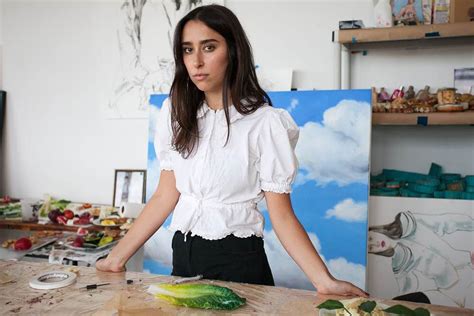A Quote by Adam Ross
I'm interested in the limits of personality, in the possibility of change, and the saving power of art. Do powerful works of art raise our consciousness to such a degree that we refrain from sliding into moral hazard? Do we take note? Or are we doomed to repetition?
Related Quotes
Art is the heart's explosion on the world. Music. Dance. Poetry. Art on cars, on walls, on our skins. There is probably no more powerful force for change in this uncertain and crisis-ridden world than young people and their art. It is the consciousness of the world breaking away from the strangle grip of an archaic social order.
Art is personal, originating from dreams, ideas, neuroses; art is shared, harkening back to the humans around the fire; art imbues pleasure and power by enabling people to know reality...Art is a necessity because it is a way of knowing...Is the need for truth physiological? Art exists out of time...images may be different bu there is always a repetition- a thread.
I graduated from Wesleyan University with a b.a. in art. I was really headed toward an architecture degree, but when I did the requirements for the major, I realized I was more interested in how people live in buildings than in making buildings. I was more interested in the interactions that happened inside the structures. So I got an art degree as a default position.
Through our own creative experience we came to know that the real tradition in art is not housed only in museums and art galleries and in great works of art; it is innate in us and can be galvanized into activity by the power of creative endeavour in our own day, and in our own country, by our own creative individuals in the arts.
As a composer, I believe that music has the power to inspire a renewal of human consciousness, culture, and politics. And yet I refuse to make political art. More often than not political art fails as politics, and all too often it fails as art. To reach its fullest power, to be most moving and most fully useful to us, art must be itself.
In my own version of the idea of 'what art wants,' the end and fulfillment of the history of art is the philosophical understanding of what art is, an understanding that is achieved in the way that understanding in each of our lives is achieved, namely, from the mistakes we make, the false paths we follow, the false images we have come to abandon until we learn wherein our limits consist, and then how to live within those limits.
It may well be, of course, that America's pop culture is on balance better than our high art. I don't think so, but you can certainly make a case that the best of it aspires to a degree of aesthetic and emotional seriousness that is directly comparable to all but the very greatest works of high art.
I think art is beautiful. It's decoration and adornment. But art is also a really important vessel for social change, and social change begins with thought. And so if you can find humor in something and take a moment to rethink it, you can take a step back and look at your values from a different angle. I think that's a really important way of carrying on with life. I think the best art for me is funny and the best comedy for me is art. Some of my favorite artists are comedians. Comedy is art, and art can be comedy, and the intersection is vital - at least for my own work.
Ancient art has a specific inner content. At one time, art possessed the same purpose that books do in our day, namely: to preserve and transmit knowledge. In olden days, people did not write books, they incorporated their knowledge into works of art. We would find a great many ideas in the works of ancient art passed down to us, if only we knew how to read them.
